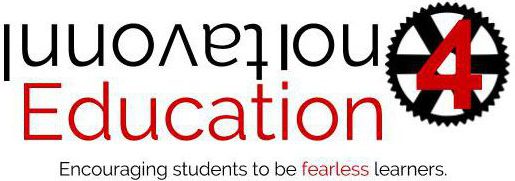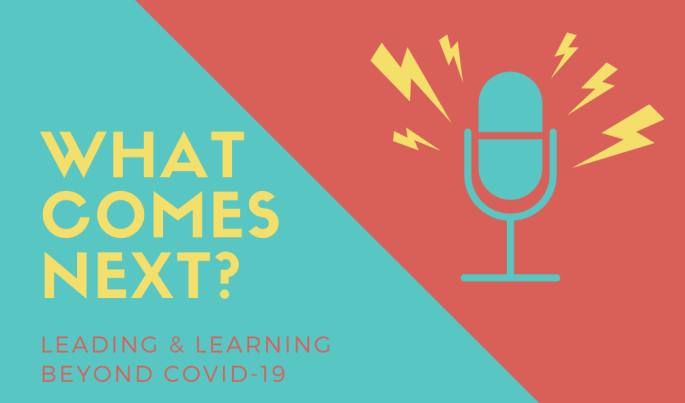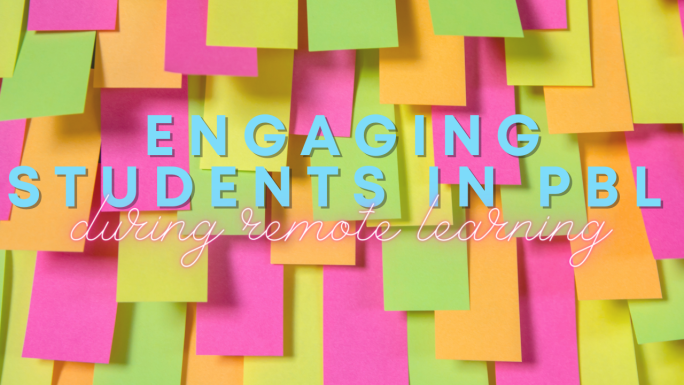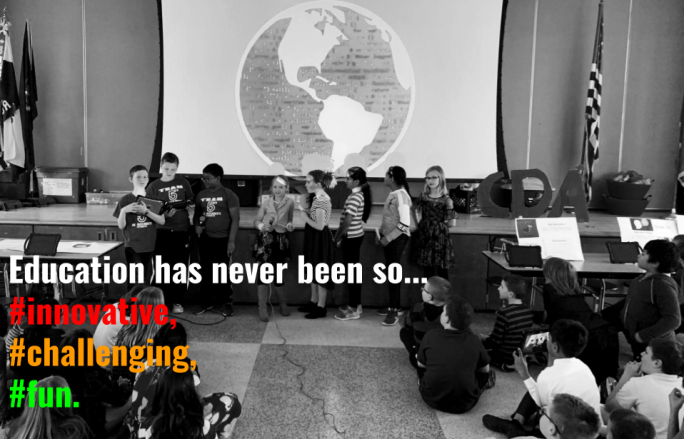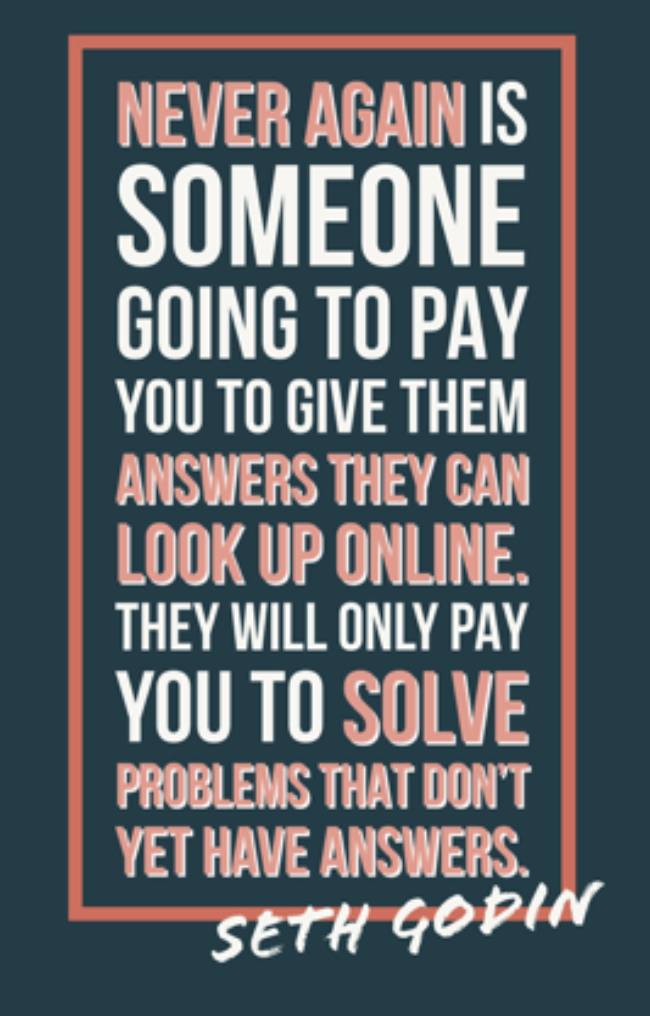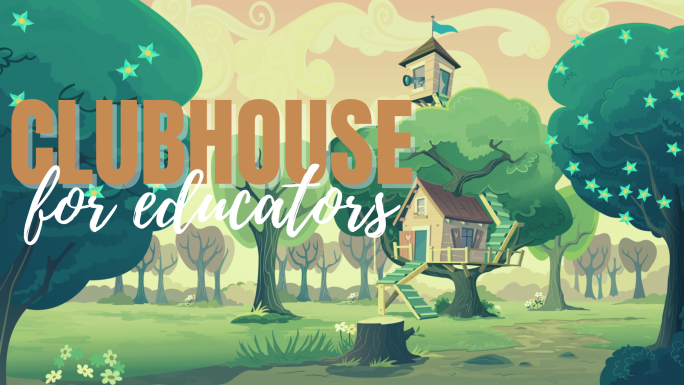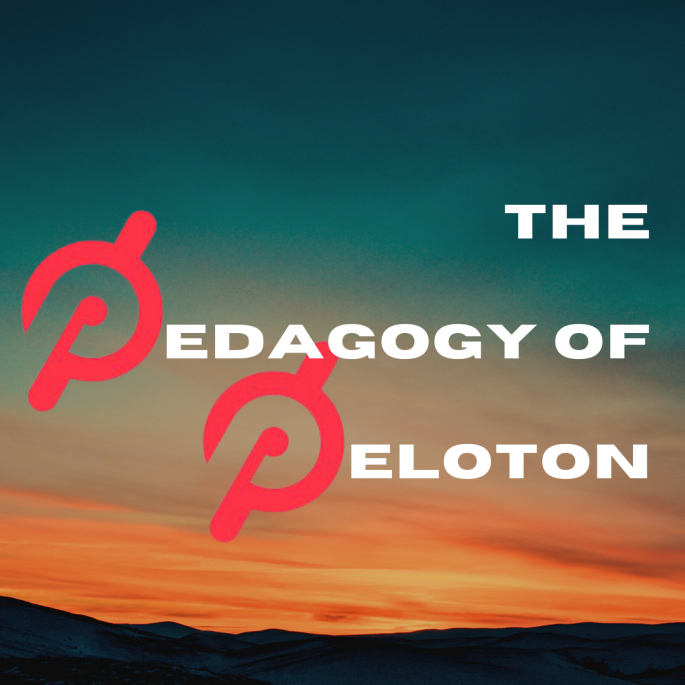Introduction
We know you’re wondering about it, so we’ll let you in on our secret…Yes, we had to use a thesaurus to make the alliteration work for the title of this post. To eschew means to avoid at all costs. And look—you’ve learned something new already! Undoubtedly, you’ve heard of the summer slide—the dreaded “learning loss” that occurs in students during the months spent out of school—but what about the teachers? Will your brain cells soon be shriveling up and rotting away as well? Most likely, your personal answer would be, “No, my brain is recovering from the incredible stress of a pandemic school year quite nicely, thank you very much!” The word “loss,” after all, has such a negative connotation. Implying that teachers’ summer is pure “vacation” and can be chalked up as a loss is a serious accusation and implies that teachers aren’t reflecting, learning, planning, and improving as experts all the while.
The same could (and should) be said about students! To call the time spent in summer a loss for them not only completely ignores the hard work schools and families do in tandem to support students’ continued learning, but also glosses over the new skills they acquire, the adventures they undertake, and the social-emotional well-being that a respite and time spent with friends and family can afford. Dr. Peter Gray, the unofficial inspiration of the annual Global School Play Day points out the paradox of our misguided thinking around unstructured play:
Perhaps play would be more respected if we called it something like ‘self-motivated practice of life skills,’ but that would remove the lightheartedness from it and thereby reduce its effectiveness. So we are stuck with the paradox. We must play’s triviality in order to realize its profundity.
Peter Gray, Free to Learn
Do you hear that? Profound things can happen when adults step back and let kids be kids. And who knows what profound things could happen if everyone gets out of teachers’ ways and lets them be kids too? So please, let us take a moment to vehemently disagree with these misguided assertions being bandied about by uninformed politicians and honor all the work that took place this year, and the work that will undoubtedly take place this summer for educators and students alike. Professional learning is no longer an event that happens to you; it’s a continuous process that happens with you, and we hope you find our own tips for continuing your personal process below helpful to you on your playful summer journey.
Continue reading “eSchewing the Schoolteacher Summer Slide: Elevate Your Personal & Professional Learning with Our Five Fantastic Tips”